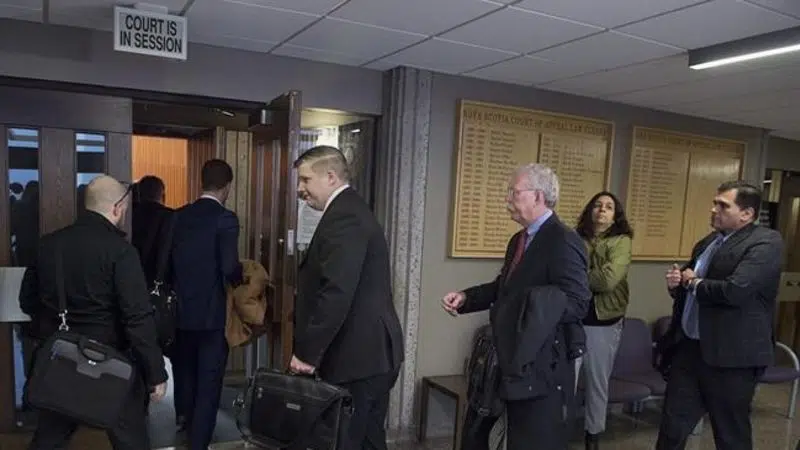
Investigation of QuadrigaCX cryptocurrency debacle turns up just $28 million
HALIFAX — After three months of investigating, the accounting firm trying to recover more than $200 million in cash and cryptocurrency owed to users of the now-defunct QuadrigaCX trading platform has turned up only $28 million in assets — virtually all of it in cash.
Ernst and Young, which is overseeing bankruptcy proceedings for the cryptocurrency exchange, has issued a trustee’s preliminary report saying it may not be possible to complete a full review of QuadrigaCX’s finances, mainly because of the company’s poor bookkeeping.
As well, the report says the investigation has been hampered by some of QuadrigaCX’s unco-operative business partners and the sheer volume of the transactions it processed since it was founded in 2013 by Gerald Cotten of Fall River, N.S.
